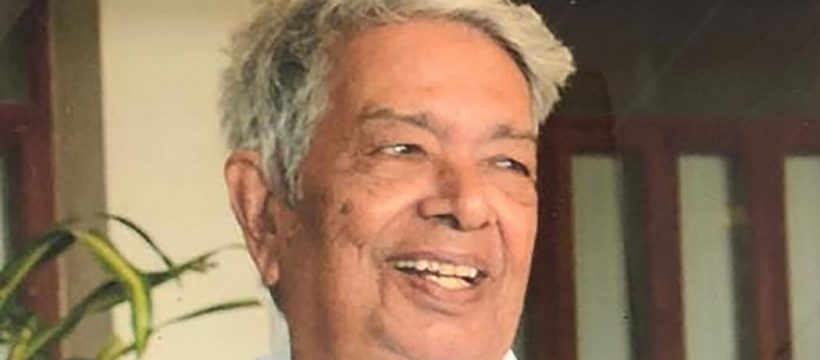This obituary is part of a series about people who have died in the coronavirus pandemic. Read about others here.
ISLAMABAD, Pakistan — The ancient cemetery of Makli, near the city of Thatta in Sindh Province, is one of the largest necropolises in the world, so rich in monuments that UNESCO declared it a World Heritage site.
So it became a natural focus of Suhail Zaheer Lari, a prominent Pakistani historian and author, who dedicated himself to documenting the history of Sindh Province, in southern Pakistan. He had a passion for photography, and his images of Makli’s riches became the basis of several proposals for their conservation.
Mr. Lari, a leading force for historic preservation in Pakistan, died in Karachi, Sindh’s capital, on Dec. 5. He was 84. The cause was complications of Covid-19, his family said.
His wife, Yasmeen Lari, a prominent architect, contracted Covid-19 in December but recovered.
The couple founded the Heritage Foundation of Pakistan in 1980 to “create an awareness of Pakistan’s rich and diverse historic architecture and art, and to promote cultural heritage for social integration, peace and development,” according to its website. Its work has resulted in the preservation of more than 600 buildings.
Pakistan possesses an enormous reservoir of diverse historical sites, most of which are in an advanced state of decay. Mr. Lari, through his photography and books, saved many from being forgotten or lost.
Mr. Lari was born on Nov. 13, 1936, and raised in Allahabad, India. His mother, Qabila Khatoon, was a homemaker; his father, Zaheer ul Hasnain Lari, was a lawyer and a judge who was close to Jawaharlal Nehru, India’s first prime minister.
Mr. Lari’s father did not leave for Pakistan in 1947, as many Muslims did after partition. But as hostilities rose, the family moved to Pakistan in 1950. They lived first in Lahore, then in Karachi.
In a memoir, Mr. Lari said he had decided to study in England and wrote out of the blue to the noted philosopher Isaiah Berlin; he responded and helped him gain entry to St. Catherine’s College at the University of Oxford, where he received a degree in politics, philosophy and economics.
Mr. Lari had met Yasmeen Ahsan in Lahore when they were young and kept up a correspondence. She was in London studying architecture, Mr. Lari wrote in his memoir, while he was at Oxford. Their families initially objected to their marriage, asking them to complete their studies first. Mr. Lari said they told their parents they would have a wedding in Scotland, where the legal age to marry was lower than it was in England.
“At this,” he wrote, “they relented and arranged our marriage in Karachi.”
Mr. Lari returned to Pakistan and joined the corporate world, eventually becoming managing director of the Khyber Insurance Company. He held that job for more than two decades and served in other corporate posts before retiring and devoting himself to writing.
The couple’s house in Karachi in later years became a meeting place for intellectuals, politicians and artists.
In addition to his wife, Mr. Lari is survived by two sons, Humayun and Mihail, and a daughter, Raeena.
Source: Read Full Article
